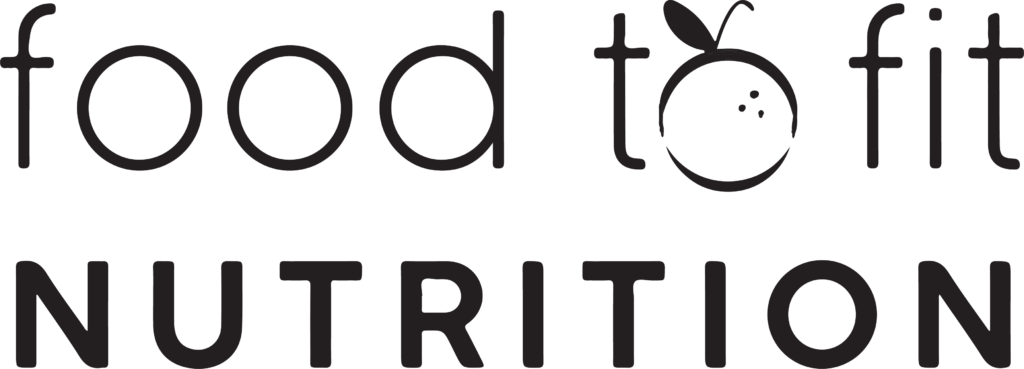
PCOS Signs, Symptoms, and Diagnosis
Written by Brooke Bulloch, RD
As a PCOS dietitian, I learn first-hand from clients how the condition can negatively affect their physical health, mental health and quality of life. Clients struggle to understand the condition, to manage symptoms, and to feel seen and heard. In this blog post, I’ll review the signs, symptoms, and diagnostic criteria of PCOS. Learn more about nutrition management for PCOS here.
Introduction
Polycystic Ovary Syndrome (PCOS) is a complex hormone disorder affecting roughly 10 percent of people with ovaries in reproductive age. Symptoms can be vast and the exact causes of PCOS remains unclear. The health complications associated with PCOS can be overwhelming and may include any of the following: trouble conceiving, type 2 diabetes, high blood pressure, insulin resistance, elevated cholesterol and triglyceride levels, sleep apnea, non-alcoholic fatty liver disease, and increased risk for mood disorders and eating disorders.
Diagnosing pcos
The Endocrine Society Clinical Practice Guidelines recommend using the Rotterdam criteria for diagnosis in adults where 2 of the following 3 criteria are met:
- Androgen excess shown in physical signs or through blood tests. Physical signs include hirsutism (coarse or excessive hair growth on the face and/or body), acne, or androgenic alopecia (hair thinning on the scalp). Blood tests include elevated androgens such as total or free testosterone. Other tests may include DHEA-Sulphate or androstenedione but these are not necessary markers.
- Ovulatory dysfunction such as irregular or absent menstruation. This may include cycles shorter than 21 days or longer than 35 days (fewer than 9 periods per year).
- Polycystic ovaries OR an AMH blood test. The “cysts” are actually immature follicles, so egg follicles that did not mature completely. A transvaginal ultrasound will show 20 or more follicles in at least one ovary and/or ovarian volume greater than 10cm3.
AMH or antimullerian hormone, can be used as an alternative to transvaginal ultrasound (in adults; not recommended for use in adolescents).
As you can see, a person doesn’t even require “cysts” on the ovaries to be diagnosed with PCOS. The Rotterdam criteria further divides PCOS into 4 phenotypes:
- A – absent or irregular periods, hyperandrogenism and polycystic ovaries.
- B – absent or irregular periods and hyperandrogenism.
- C – hyperandrogenism and polycystic ovaries.
- D – absent or irregular periods and polycystic ovaries.
Notice that body size and weight are not diagnostic indicators. This is important because people in all sized bodies can be diagnosed with PCOS.
Diagnosing PCOS in children and teens
In children and teens, there is potential to over-diagnose PCOS which can lead to unnecessary treatment and psychological struggle. The 2018 PCOS International Guidelines further state that ultrasound should not be used for the diagnosis of PCOS in those who are less than 8 years from menarche (their first period). This is due to the high incidence of multi-follicular ovaries in this life stage.
The Endocrine Society suggests that the diagnosis of PCOS in a teen be made based on the presence of:
- Physical signs of hyperandrogenism, or blood tests showing elevated testosterone.
- Persistent irregular periods.
Physical signs and symptoms of PCOS
Polycystic Ovary Syndrome can come with various signs and symptoms. The only symptoms of PCOS included in diagnosis are:
- Hirsutism, acne, androgenic hair loss/thinning.
- Irregular or absent menstruation. Irregular cycles may include cycles shorter than 21 days, or longer than 35 days.
However, there are many other symptoms/side effects of PCOS that are not part of the diagnostic criteria. These may include:
- Trouble becoming pregnant.
- Weight gain (due to insulin resistance, elevated androgens, and inflammation).
- Acanthosis Nigricans. Thick and dark spots on the skin, which results in a velvety appearance on the neck and around the armpit.
- Skin tags on the neck or armpits.
- Mood disorders such as anxiety or depression. Studies show mood disorders are more prevalent in people with PCOS.
- Eating disorders. Dieting and eating disorder behaviours, such as binge eating disorder and bulimia, are more prevalent in people with PCOS.
- Sleep issues. Sleep apnea has been shown to be more prevalent in people with PCOS.
- Elevated liver enzymes, insulin resistance, rising fasting glucose, or elevated cholesterol or triglycerides are other markers that can be associated with and affected by PCOS.







1 Comment
[…] testosterone), irregular periods, altered luteinizing hormone action, and/or insulin resistance. In my previous post I discuss the signs, symptoms, and how PCOS is […]